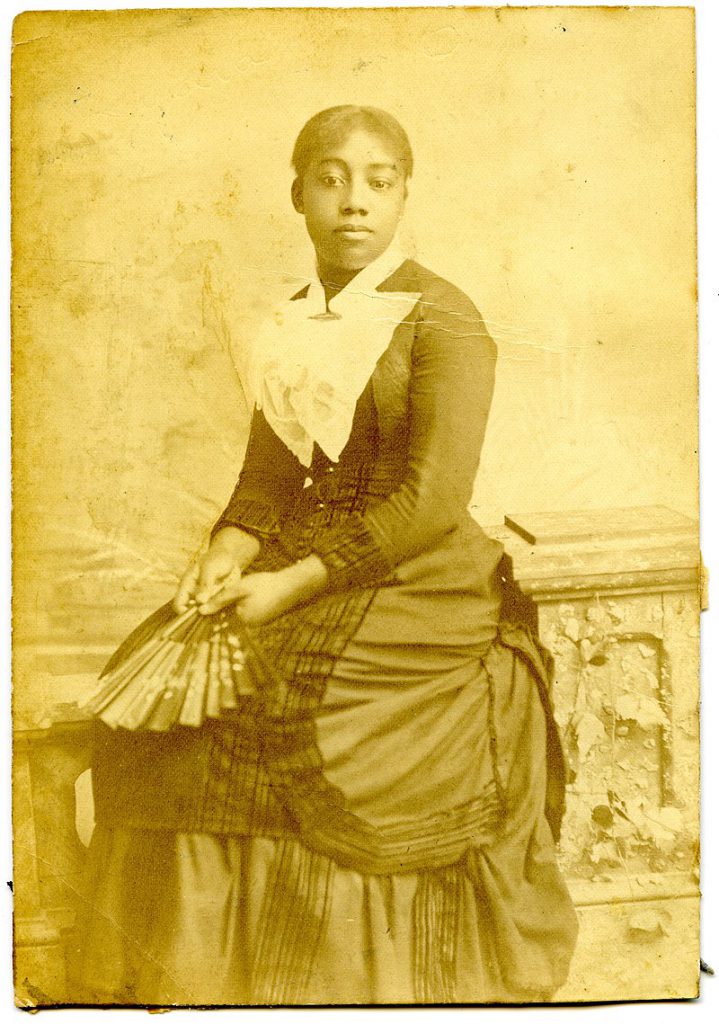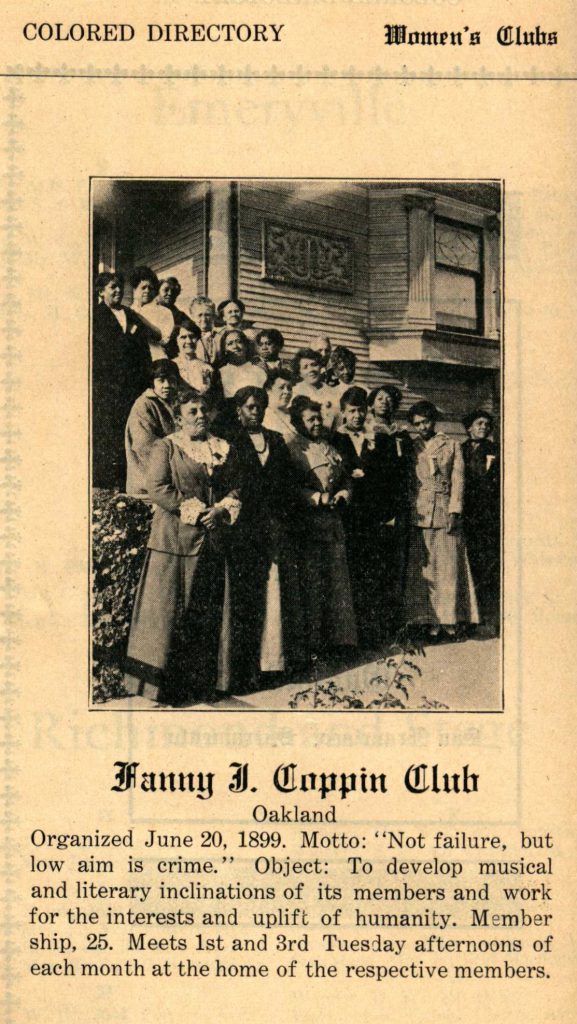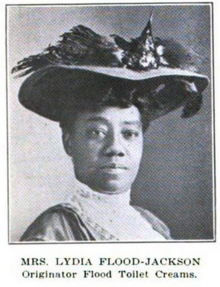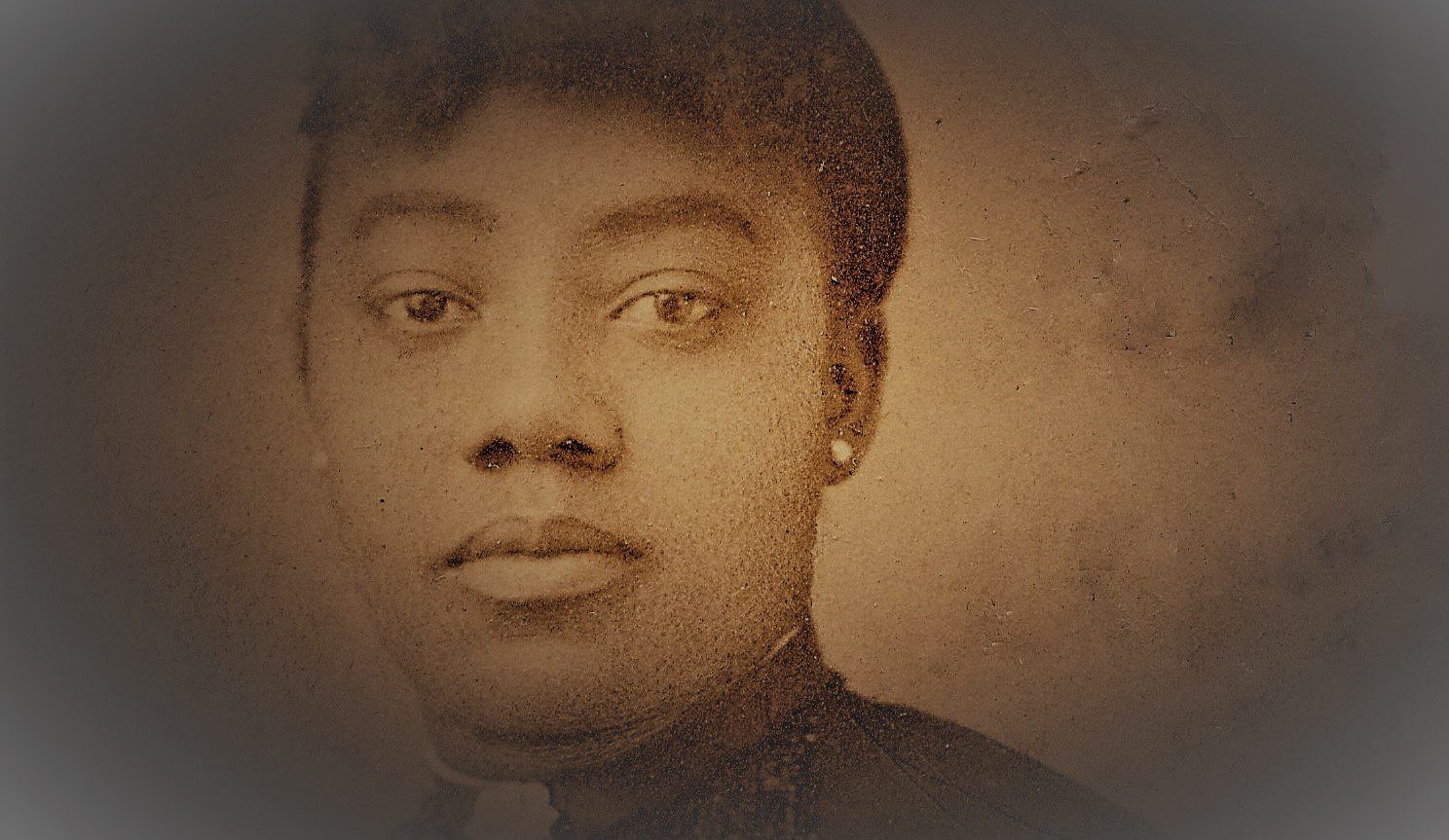On her 100th birthday in 1962, Lydia Flood Jackson is honored by the City of Oakland as their oldest living native and the daughter of the “first negro school teacher in California.” Jackson has lived several lifetimes in those 100 years.

She is a political activist and business owner.
She is the first black student to attend an integrated public school in Oakland.
She is a fighter for suffrage and equal rights.
She is a globe-trotting speaker promoting democracy and criticizing white male supremacy.
And she is a lifelong member of the First African Methodist Episcopal Church in Oakland that her parents help found in 1858.
Lydia is born on July 6, 1862 in Brooklyn Township near Oakland to Elizabeth Thon Scott Flood, the founder of California’s first African American school in 1854, located in her Sacramento home. Elizabeth Flood dies when Lydia is five but her daughter champions her mother’s cause of equal educational opportunity for African Americans for the rest of her long life.

A successful real estate investor, Isaac Flood, Lydia’s father, is born a slave in South Carolina. He is one of the first African American residents of Oakland. Lydia’s brother, George, is the first “colored” child born in Oakland.
It’s Isaac Flood’s challenge of California’s segregation laws in the early 1870s that leads to his 10-year-old daughter becoming the first black student to attend John Swett School in Oakland in 1872.
After completing her education attending night classes at Oakland High School, Flood marries William Jackson. She becomes active in a number of civic clubs, including the California Federation of Colored Women’s Clubs and the Fanny Jackson Coppin Club of Oakland, which begins as a hospitality center for black travelers, who can’t find lodging due to segregation.
Jackson is a tireless promoter of women’s suffrage and civil rights for African Americans.
At the 1918 gathering of the Federation of Colored Women’s Clubs in Los Angeles Flood says this:

” Today we are standing on the threshold of a great era looking Into futurity to the mid-day sun of Democracy. Suffrage is one of the most powerful levers by which we hope to elevate our women to the highest planes of life.”
She travels to Mexico, South America and the Caribbean extoling the virtues of democracy.
Flood also creates “Flood’s Toilet Creams,” a line of cosmetics, toiletries and perfumes.
She dies in Oakland in 1963, one month after her 101st birthday..
